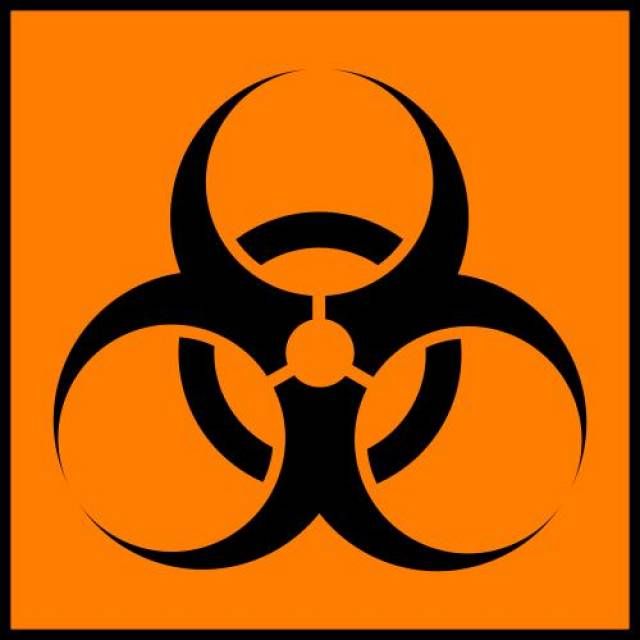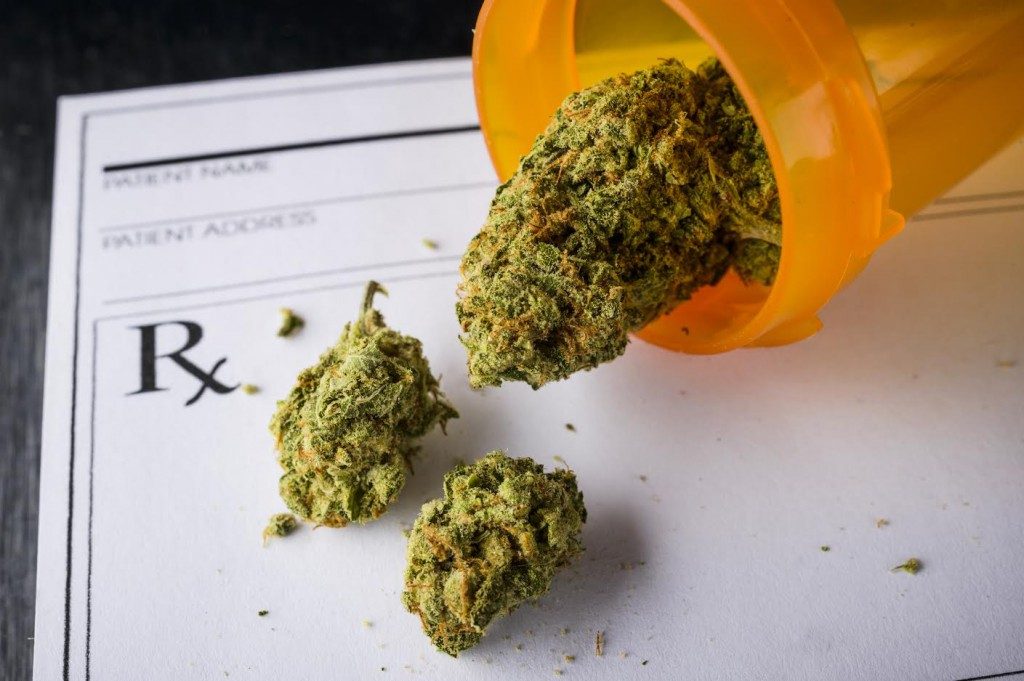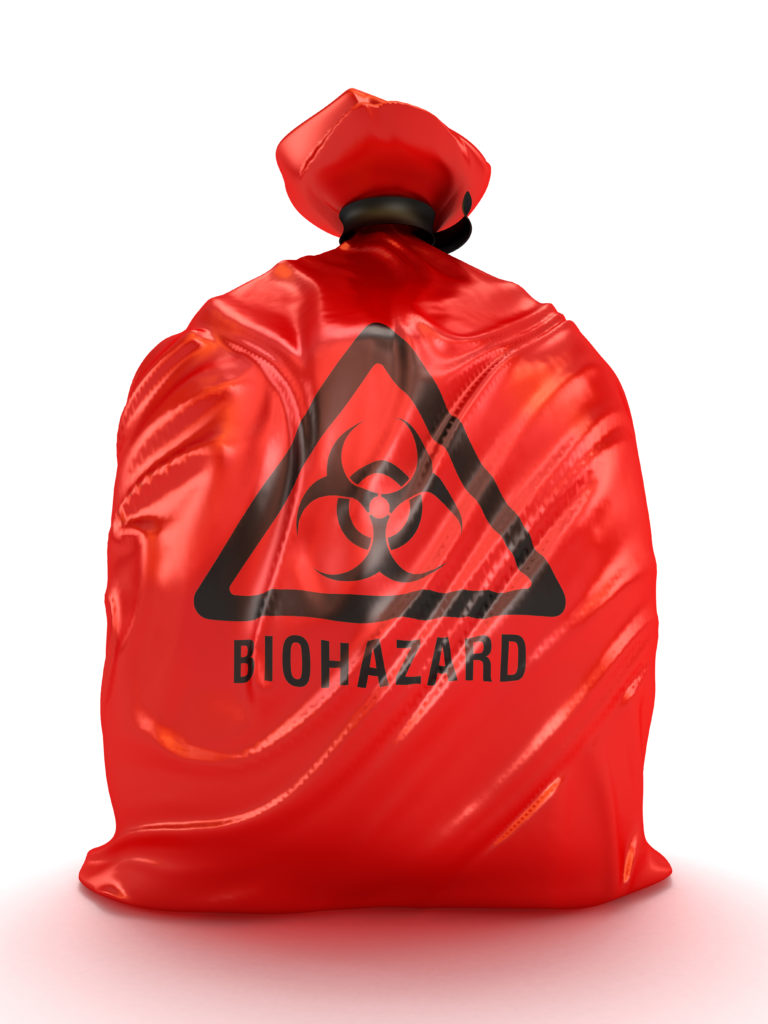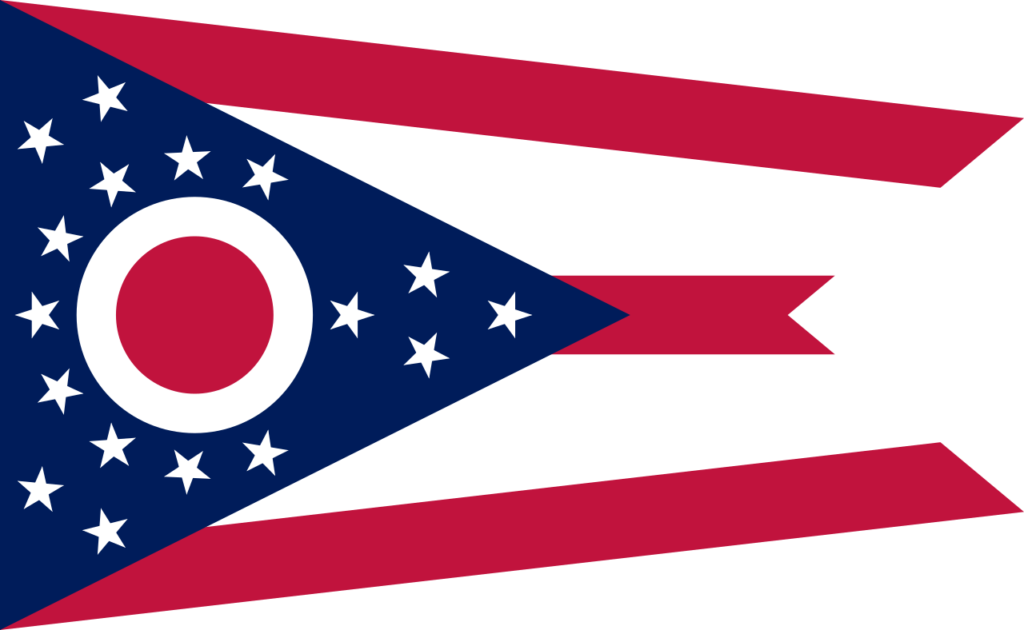Non-hazardous waste
Rhode Island Medical Waste Requirements
A look at Rhode Island medical waste requirements. Rhode Island medical waste disposal regulations are managed by the Rhode Island Department of Environmental Management, Office of Waste Management, and it covers the generation, storage, disposal, and treatment of all medical waste.
Read MoreHazardous Waste Disposal: What Exactly IS Hazardous Waste?
Do you know what makes hazardous waste, well, hazardous? (Hint: it’s not all about medical waste) The U.S. Environmental Protection Agency (EPA) has authority over matters concerning hazardous waste disposal. But what exactly is hazardous waste? How is it disposed of?
Read MorePennsylvania Medical Waste Requirements
A look at Pennsylvania medical waste requirements. In the state of Pennsylvania medical waste disposal is managed by the Pennsylvania Department of Environmental Protection. All of Pennsylvania’s requirements are outlined in an official document titled “The Pennsylvania Code” and covers permit requirements, processing facilities, segregation and storage of medical waste, and collection and transport.
Read MoreAre Medical Marijuana Dispensaries Held to Medical Waste Disposal Requirements? Yes!
Medical marijuana disposal? Yes, there are laws for that. With more and more states legalizing medical marijuana, dispensaries must be held to stringent standards and requirements when it comes to how and when they dispose of marijuana waste. The reason is cannabis is considered a Schedule I Controlled Substance, therefore it must adhere to the…
Read MoreOregon Medical Waste Requirements
A look at Oregon medical waste requirements. Medical waste in the state of Oregon is managed by the state’s Department of Environmental Quality, and much like other states, it has developed similar protocols for managing infectious waste.
Read MoreShredding and Recycling Your Old X-ray Waste
For radiology departments, medical waste removal and document destruction plans must involve managing analog x-ray waste and files. Every organization needs to look at the information they have, identify all types and forms of personal and/or sensitive information, and then establish reasonable procedures to appropriately destroy the information. This is especially true for the healthcare…
Read MoreOklahoma Medical Waste Requirements
A look at medical waste requirements in the state of Oklahoma. Medical waste in the state of Oklahoma is managed by the Oklahoma Department of Environmental Quality and the Oklahoma State Department of Health.
Read MoreICYMI: The Red Bags Monthly Blog Round Up
Keeping up with medical waste news can be difficult, but here we have the stories you may have missed this week from the Red Bags blog. The Internet is a busy place! So much content vies for your attention that you may have missed our most popular blog posts published here at Red Bags this…
Read MoreOhio Medical Waste Requirements
A look at Ohio medical waste requirements. Ohio medical waste disposal is regulated by the state’s EPA’s Infectious Waste Program. The agency oversees the generation, treatment, packaging, storage, transportation, and disposal of all infectious waste across the state. According to the Ohio EPA, small quantity generators and large quantity generators have different disposal requirements. Small…
Read MoreIndustries We Serve: Veterinary Practices
Several types of waste generated in the typical clinical veterinary practice are considered regulated veterinary medical waste. Hospitals, medical spas, healthcare facilities, and research laboratories are just a few of the facilities that produce hazardous waste, and while some like tattoo parlors may seem surprising, facilities like veterinary practices are anything but. Of course, veterinary…
Read MoreNorth Dakota Medical Waste Requirements
A look at North Dakota medical waste requirements. Infectious waste, or medical waste in the state of North Dakota is governed by the state’s Department of Health.
Read MorePersonal Protective Equipment For Safety and Compliance
Personal protective equipment, commonly referred to as PPE, is equipment worn to minimize exposure to a variety of hazards. Every person that stays in or visits a healthcare environment is at risk of acquiring an infection, but for healthcare workers, the risk is even greater. Workers are more susceptible to contamination just by the nature…
Read More










